#Usnea
Explore tagged Tumblr posts
Text

A splendidly shaggy #FencepostOfTheWeek capped with Spaherophorus globosus - which is a lichen I don't often see on fenceposts.
270 notes
·
View notes
Text

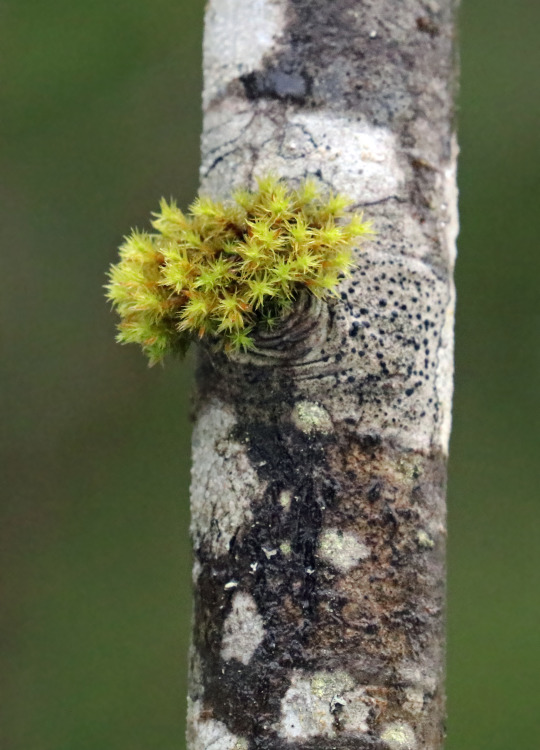

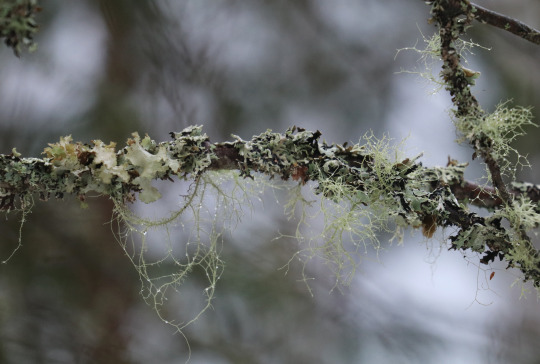


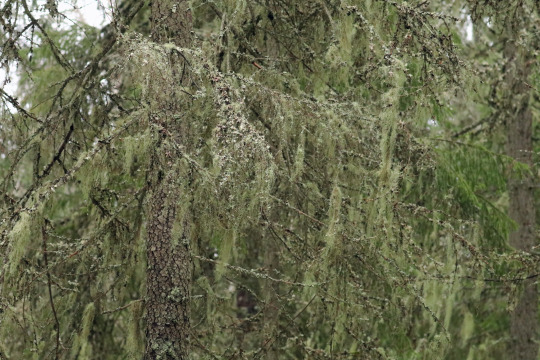
Lichens and a moss (on the second picture) in the forests of Värmland, Sweden (January 26, 2018).
708 notes
·
View notes
Note


It’s been so rainy lately and these guys showed up!
Mmmm gorgeous Usnea! Lots of Usnea (Usneas? I'm not sure) are adapted to grow high up in the tree canopy, and going out after some inclement weather has shaken them loose is a good way to find them. Thanks for sharing! And consider posting your find on iNaturalist.
#lichen#lichens#Usnea#iNaturalist#go outside#take a hike#look for lichens#see the forest for the lichens
120 notes
·
View notes
Text

Alive
54 notes
·
View notes
Text







Bushy beard lichen 》 Usnea strigosa
Some lovely beard lichens I found at our campsite.
Caddo Lake State Park, Texas, 3 Aug. 2024
#amatuer mycology#mushrooms#mushroom hunting#mycology#fungi#mushrooms of texas#texas mushrooms#fungi of texas#wild fungi#fungarium#foraging texas#lichen#lichens#lichens of texas#beard lichen#bushy beard lichen#usnea#Usnea strigosa#special interest#species identification#lichen identification#lichenology#caddo lake state park#canon rebel#goblincore#naturecore#crowcore#nature photography
78 notes
·
View notes
Text

19 notes
·
View notes
Photo

3:10 PM EDT March 29, 2025:
Usnea - "Into The Void" From Black Sabbath Master of Reality: The CVLT Nation Sessions (March 6, 2014)
Last song scrobbled from iTunes at Last.fm
4 notes
·
View notes
Text
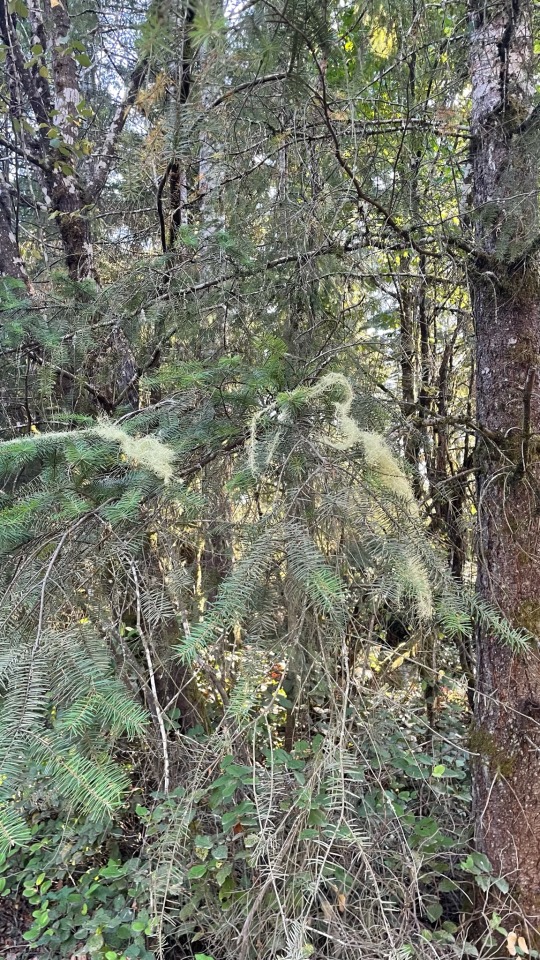

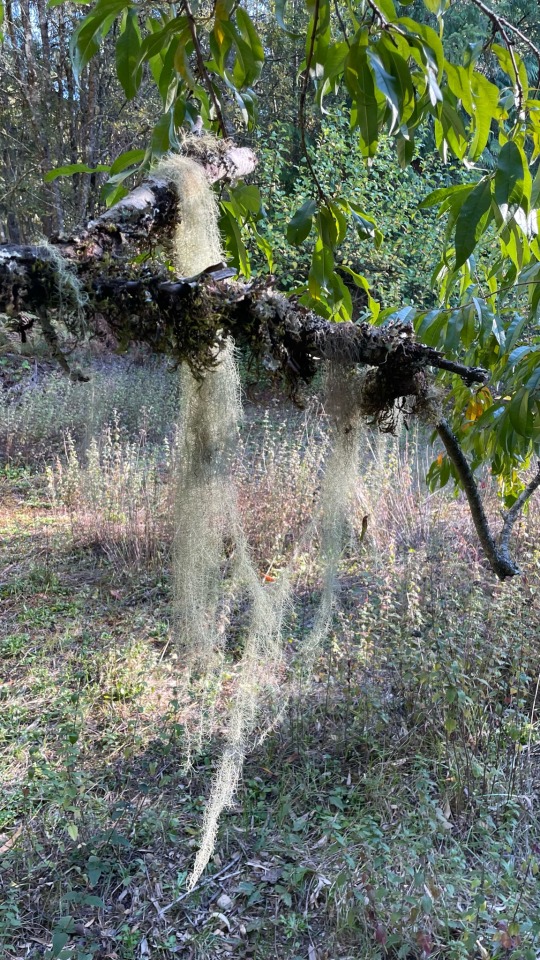
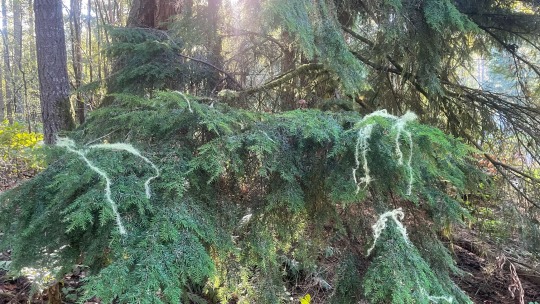
No fake spiderwebs here, just some ethically collected usnea! 
#found fallen off of trees#it’ll look better after a rain#lichen#usnea#probably usnea longisima?#my yard
39 notes
·
View notes
Text
youtube
Lichen is a natural way to create various colors for your textile and craft projects depending on the type you forage and how you process it. Beard, wolf & lungwort (usnea, letharia vulpina & lobaria pulmonaria) are great lichen to start with since they are often blown away from their host and more easily collected from the forest floor. This tutorial will show the boiling water method of making dye from each type of lichen, as well as the resulting color swatch samples (wool, silk, bamboo & cotton).
CHAPTERS
0:00 Introduction - Lichen of PNW
1:32 Lichen varieties
3:53 Latin names
4:13 Ammonia method
4:55 Mordant
5:37 Foraging lichen
6:24 Lichen Dyes tutorial resource
6:52 Processing methods
7:47 Rock beard lichen
8:44 IFFS lichen dye samples
12:18 Boiling water method
13:58 Dyed fiber samples
15:25 Wrap up
16:48 Sneak peek of next tutorial
18:01 Blooper
SUPPLY LIST
Lichen - beard, wolf & lungwort
Pot with lid
Scissors
Spoon
Strainer
Textile
#Margaret Byrd: Color Quest#solarpunk#how to#how to dye#natural dye#dye#diy#do it yourself#Lichen#Beard lichen#wolf lichen#lungwort#lungwort lichen#usnea#letharia vulpina#lobaria pulmonaria#wool#silk#bamboo#cotton#Youtube
27 notes
·
View notes
Text
The Great ACT-NSW-NZ Trip, 2023-2024 - Te Korowai o Mihiwaka / Orokonui Ecosanctuary
An ecological island reserve set up under Mt Cargill / Kapukataumahaka. Over 300 hectares of forest has been enclosed in mammal-proof fencing, and the site was then bombed with poison baits to kill any still inside the perimeter. It's now the home of kiwi, various seabirds, kākāriki, South Island kākā, South Island robin, South Island saddleback, kākā, bats, tuatara, jewelled geckos, pūkeko, paradise ducks and a breeding pair of the critically endangered South Island takahē.
Also the home of Aotearoa's tallest known tree, at 82.25 metres (269.8 ft) in height, although it's an Australian species - Eucalyptus regnans.
Some of those I've seen earlier on the trip, but there were also a few introduced species that flew in over the fence - if they wanted to keep insects out they probably would have had to go with the original conservation plan and take a fertiliser factory and turn it into a giant avairy.
Mt Cargill is a remnant of the enormous extinct Dunedin Volcano that forms the bulk of the landscape in the Dunedin area.






















#Orokonui Ecosanctuary#ecological island reserve#endangered species#new zealand bird#takahē#kākā#kiwi#tuatara#Badumna#Desidae#australian spider#Beard Lichens#Usnea#Parmeliaceae#Red Damselfly#Xanthocnemis#new zealand damselfly#Coenagrionidae#Tūī#Prosthemadera#Meliphagidae#Priocnemis#Pompilidae#Flax Window-Maker#Orthoclydon#Geometridae#Flax Notcher Moth#Ichneutica#Noctuidae#Kākā
2 notes
·
View notes
Text

Some beard lichens taking over this one dead tree. <3

129 notes
·
View notes
Photo

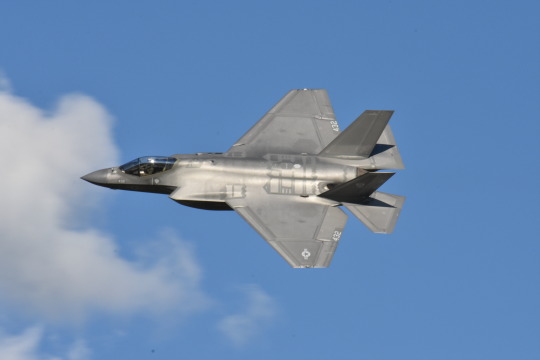
F-35 views, Oshkosh 2022.
29 notes
·
View notes
Text

Look At My Life
28 notes
·
View notes
Text
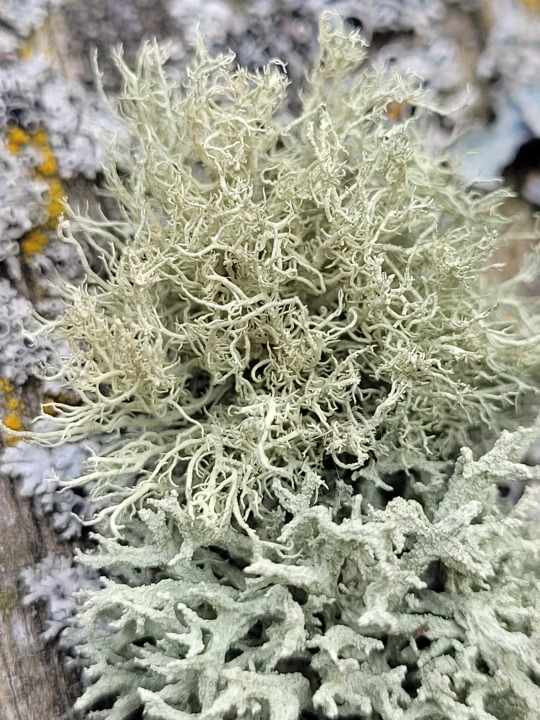
Usnea sp. (top) & Evernia mesomorpha (boreal oakmoss, bottom).
South of Saskatoon, SK, Canada. June 3, 2023.
4 notes
·
View notes
Text

2 notes
·
View notes